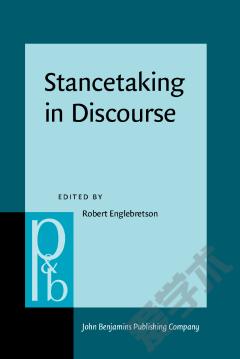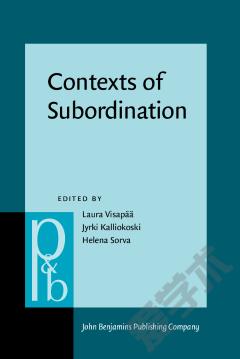Approaching Dialogue. Talk, interaction and contexts in dialogical perspectives.
Approaching Dialogue has its primary focus on the theoretical understanding and empirical analysis of talk-in-interaction. It deals with conversation in general as well as talk within institutions against a backdrop of Conversation Analysis, context-based discourse analysis, social pragmatics, socio-cultural theory and interdisciplinary dialogue analysis.People’s communicative projects, and the structures and functions of talk-in-interaction, are analyzed from the most local sequences to the comprehensive communicative activity types and genres. A second aim of the book is to explore the possibilities and limitations of dialogism as a general epistemology for cognition and communication. On this point, it portrays the dialogical approach as a major alternative to the mainstream theories of cognition as individually-based information processing, communication as information transfer, and language as a code. Stressing aspects of interaction, joint construction and cultural embeddedness, and drawing upon extensive theoretical and empirical research carried out in different traditions, this book aims at an integrating synthesis. It is largely interdisciplinary in nature, and has been written in such a way that it can be used at advanced undergraduate courses in linguistics, sociopragmatics of language, communication studies, sociology, social psychology and cognitive science.About the author: Per Linell holds a Ph.D. in linguistics and has been professor within the interdisciplinary graduate program of Communication Studies at the University of Linköping, Sweden, since 1981. He has published widely in the fields of discourse studies and social pragmatics of language.
{{comment.content}}








 京公网安备 11010802027623号
京公网安备 11010802027623号